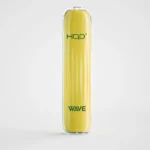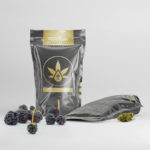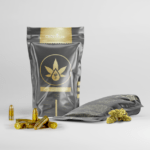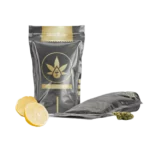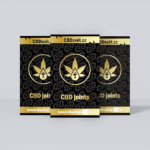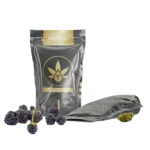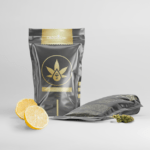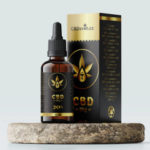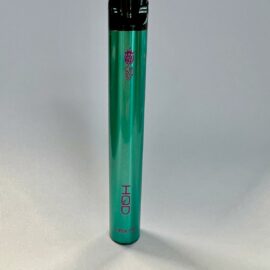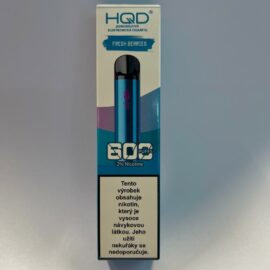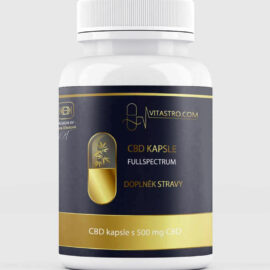Poslechněte si článek v češtině:
Products that may be of interest to you
Listen to the article in English:
Have you heard of HHC or hexahydrocannabinol? What is it good for and where does it come from? This cannabinoid has so far quite successfully escaped understanding and information about it is often conflicting. It has only relatively recently entered the market and its potential is obviously great. Why is this so? Let’s get the basic points straight.
What is HHC?
HHC was discovered by American chemist Roger Adams in 1944. He was able to add a hydrogen molecule to delta-9 THC. And in doing so, he created HHC. A process like this is called hydrogenation and is used today to solidify vegetable fats into margarine;
But watch out! HHC is illegal in the world and in our country, because it is produced synthetically from THC and therefore the main raw material is considered to be tetrahydrocannabinoid, which is regulated by legislation and even completely banned. Therefore, in order to use HHC for personal and commercial purposes, it is necessary to obtain this cannabinoid naturally from the cannabis plant;
However, I now know that HHC occurs naturally in the seeds of technical and CBD hemp and also in the pollen of these plants. And in this natural form it is perfectly legal and can be used for further processing in the form of various products. Such as liquids for vapes, tablets, oils, candies, etc.
How is it produced?
The base is CBD, which is first extracted from the cannabis plant, then distilled and isolated in powder form. At this stage, a chemical reaction takes place, the output of which is HHC.
Effects of HHC
The effects are not yet certain. This is partly due to the fact that the end result is a mixture of two different types of molecules: 9R HHC actively binds to the body’s natural endocannabinoid receptors, while 9S HHC, with a slightly different molecular structure, is not so good at this;
Karl Ray of Colorado Chromatography says: “Trying to isolate and separate these two molecules from each other would be so cost ineffective that it wouldn’t actually produce a viable product. Our goal when we make our HHCs is always to maximize the amount of active compound and minimize the amount of less active compound. But it’s never perfect – it’s usually somewhere around 2:1 or 1:1.”
For now, however, it is widely reported that hexahydrocannabinol can have effects on the body and mind similar to those of conventional THC. But studies suggest that it is less effective than delta-8 THC, which is reported to be about half as effective as standard delta-9 THC;

Will HHC appear in the test?
According to some sources, it is reported that HHC will not appear on the test, but no exact information can be found anywhere yet;
James Stephens, Vice President of Innovation at Creo, says: “I noticed in the ad the information that HHC does not convert to 11-hydroxy-THC, which is a common drug test metabolite. This could be used to circumvent drug testing if it turns out to be true.”
So how are we to take this information? So far, no clear evidence has emerged that hexahydrocannabinol did not show up on a drug test for marijuana, but there is some information to suggest that it could indeed be true, and anecdotal evidence is out there;

